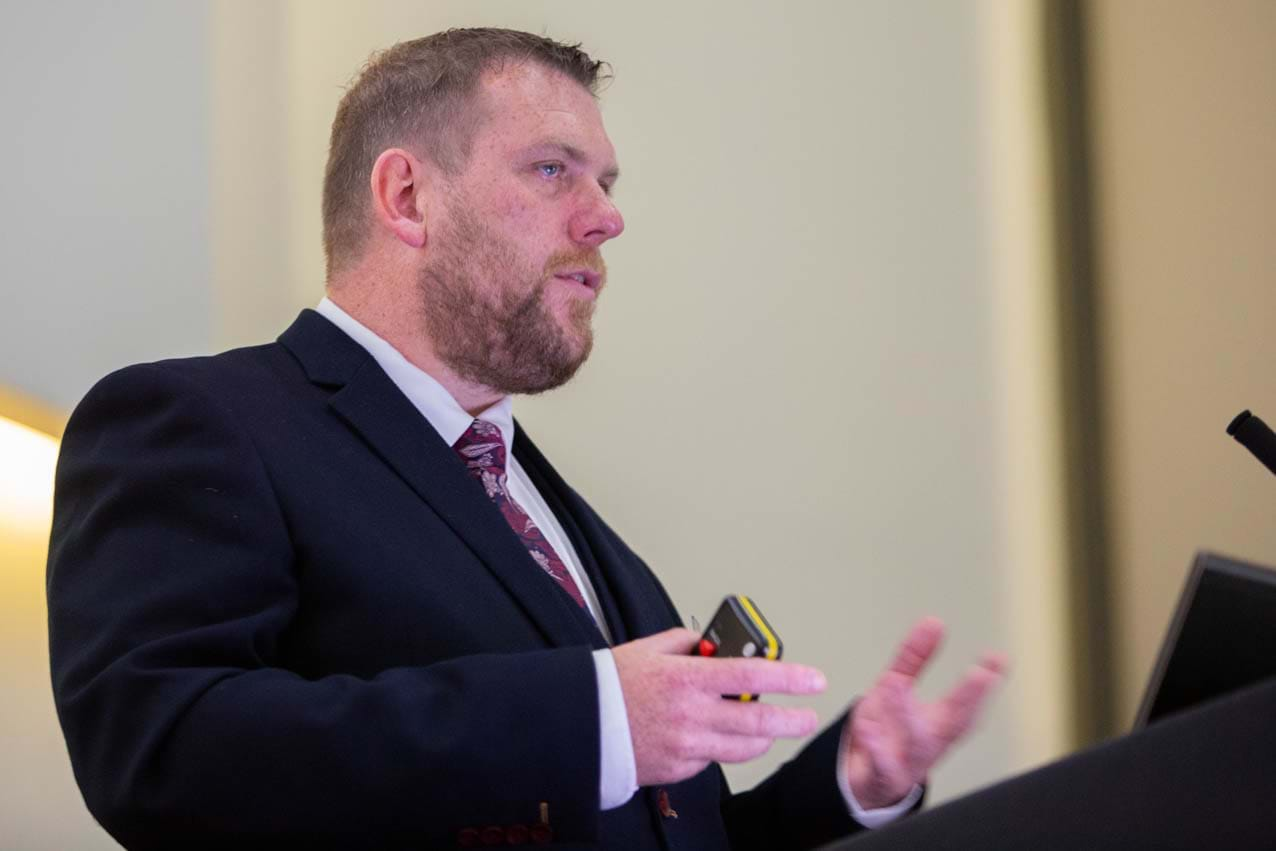Can we avoid RTA claims?

With ministers determined to implement whiplash reforms in May, despite a complete absence of rules to date, how are firms planning for where their claims will come from, and what type of claims they will be wanting to look at? Will low-value road traffic accident (RTA) claims disappear?
As ever, uncertainty rules. It is clear from our state of the market research, which we are currently undertaking, that with less than five months to go very few law firms are ready for the reforms with over half saying they don’t yet have a strategy on how to deal with the changes.
So, let’s take a look at the impact of the reforms from a marketing perspective and ask the question, can we avoid RTA’s even if we want to?
Paid search or pay-per-click (PPC) as it’s known is one of the most effective marketing channels available. It is what we call - intent driven - so acts as a really good barometer of the demand for personal injury (PI) services.
We bid on, on average, 30,000 search keywords giving us an in-depth understanding of what consumers are searching for when they are looking for help with a personal injury. We categorise our search keywords into different areas of search type; Generic, RTA, no win no fee (NWNF), employer liability (EL), public liability (PL) and so on.
What we see is that within those searches, approximately one third of those searching for help with a personal injury online are making RTA related searches. For example, car accident claims, whiplash injury, RTA claim etc.
At first glance that seems to make it relatively easy to avoid RTA enquiries, but it’s not such a simple picture when you dig a bit deeper on the search terms themselves.
The top 50 most searched keywords account for 58% of all searches, and a third of those words are RTA related. This not only shows how dominant RTA is in the market, but also how important those top 50 search terms are.
One solution is to stop bidding on RTA terms. Simple enough, except that you will still get RTA claims, and this is due to search intent or lack of it. If a search is for ‘NWNF solicitors’, that claim will still come through to me, as it isn’t ‘RTA’. But ‘NWNF solicitors’ doesn’t tell me what the user is really looking for. It could be PI or medical negligence but could easily also be employment, boundary disputes or, you guessed it, RTA related claims.
What’s more, these generic search terms account for almost half of the entire PI search market, so if you are serious about driving a decent volume of claims then you do really need to be including these broader search terms.
So, it would seem that the options so far, post reforms, are either to stop advertising for RTA claims – something that is easily achievable but in reality, will only have a minor impact on the volume of RTA claims that come in. Or, to stop advertising on generic and NWNF terms – again this is doable but you are then turning your back on a huge area of good quality, affordable claims.
So, the question is, is there a plan C?
Happily, yes there is, and that approach is to be very niche and specific with your search terms. Focusing only on the really strong keywords that demonstrate ‘user-intent’ and specific accident types such as ‘work accident’.
However, once you go down this route you will quickly discover that search volumes are tiny in comparison to everything else and competition is off the chart. If we take the search ‘work accident’, for example, it is the holy grail of enquiries that all firms want. Notwithstanding the impact COVID has had on search volume we were already seeing intense increases in competition and falls in search volume for this term.
It’s part of a trend which we’ve seen over the last three years of an increase in advertisers and a steady decline in search volume, which has not only pushed up the cost of marketing but how much has been spent chasing this market.
This year paints an even grimmer overview of the size of the market with massive declines in search volume and whilst I expect this to bounce back next year it will become increasingly competitive.
Can you escape RTA post reforms?
It is increasingly challenging to generate the claims you really want and you have to run a broad range of marketing activity to succeed. At the moment these campaigns are viable but do generate RTA enquiries. Will they remain commercially viable post reform?
At the moment we don’t know what consumer attitude to making a claim for an RTA is going to be but if it remains as it currently is then it is undoubtedly going to become more difficult post reforms. The reality is, that any law firm undertaking their own marketing activity and not wanting RTAs will need to have a plan on what to do with them because they aren’t going to stop.

